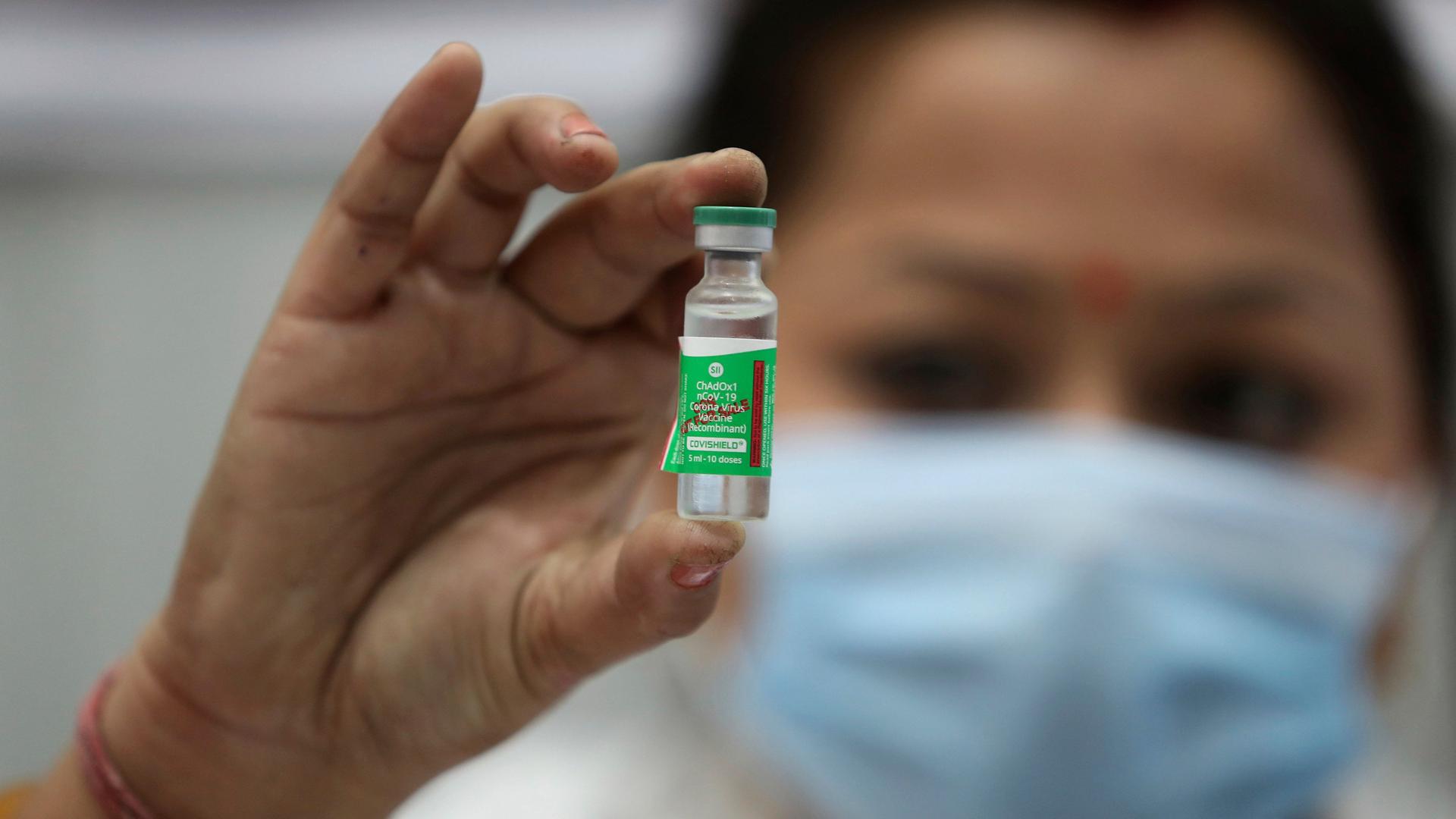An effort to get COVID-19 vaccines to the world’s least wealthy countries is picking up speed.
The UN-backed program known as COVAX announced its initial distribution plan on Wednesday for an initial distribution of 100 million doses by the end of March and 200 million more by July — hoping to catch up with richer countries that are already deep into rollouts.
Leaders of the COVAX initiative, which seeks a fair, equitable distribution of vaccines, said nearly all of the doses expected for the initial-phase rollout will come from British-Swedish drugmaker AstraZeneca and its partner, the Serum Institute of India.
But the initial rollout will only cover less than 4% of the total population of participating countries.
Related: Sputnik V vaccine is nearly 92% effective — a ‘political win for Putin’
Some 190 countries and territories participating in COVAX include “self-financing” upper- and middle-income countries along with 93 lower-income countries that are expected to benefit.
COVAX has faced challenges as rich countries scoop up vaccine supplies — sometimes at premium prices. Program leaders have faced issues trying to strike deals with pharmaceutical manufacturers, and only a fraction of the 2 billion doses that have been secured for COVAX involve firm deals.
Related: A global initiative could ensure equitable access to a COVID-19 vaccine. Can it work?
Former President of Liberia Ellen Johnson Sirleaf, a co-chair of an independent panel reviewing the WHO’s response to COVID-19, has expressed her disappointment in COVID-19 vaccine roll-out plans. She says shots will not be widely available in Africa until 2022 or 2023.
“This is an interdependent and interconnected world. [COVAX countries] have to see vaccines as a global good to be able to save humanity — and humanity is worldwide. They cannot treat it as apartheid. They cannot say because you’re poor, you will not be vaccinated, only the rich will be,” Sirleaf said.
Sirleaf spoke to The World’s host Marco Werman about the risks of vaccine distribution inequities.
Marco Werman: Madam president, it seems we’ve been talking about the inequities of who the pandemic impacts since the beginning … and the vaccine inequity not long after. What will happen in the next year or so if wealthy countries continue to monopolize the vaccine supply?
Ellen Johnson Sirleaf: If they did not protect the entire world population, COVID-19 is going to continue and will, perhaps, become even more deadly. They will not be able to stop the spread of this disease if they do not also secure [the vaccine] for all the countries of the world.
Last month, you were very vocal in expressing your concern about collective leadership failures at the WHO at seemingly every turn during the pandemic. Since then, what signs have you seen that the global community is responding to this concern?
Let me just put an example of the change in the United States, where we see the Biden administration has done all it can to reverse negative actions that were taken by the former administration. And they have committed themselves to give full support to the WHO to give the full funding, as had been the case before. We’re seeing now that countries are discussing the COVAX Facility and more people are making financial commitments to this facility. Many countries, too, have been offering vaccines to [other] countries, and some of it has to come from their own supply, but [by doing this] they think they can give and they can address the most vulnerable. We see a discussion going on right now in the development finance institutions. But the vaccines are still held, you know, by the pharmaceutical companies, by the rich countries. And until they agree on the equity and then put these entities to work, we cannot leave Africa or any other poor country behind. This world is one world and there is no one that can be safe in any powerful, rich country of the world if you leave the poor countries behind.
Well, you’ve been especially outspoken about worries that COVID-19 vaccines will not be widely available in much of Africa until 2022 or even 2023. Why does sub-Saharan Africa seem to be at the back of the line?
Vaccines are dictated by resources, authority and power. The rich nations have been able to buy the vaccines. They provided the research for the vaccines and just commercial process and resources.
So, are you saying that until those things change, sub-Saharan countries and the less wealthy nations of the world are just always going to come last?
No, I’m not saying exactly that. What I am saying is that right now, the richer countries have the resources. They are buying the vaccines, they are ensuring that their citizens get vaccinated first. Some of them have reached out. Other [developing] countries with resources that are trying to buy the vaccine. Will it take to 2022 or 2023? We hope not. Just remember, we want the world to remember that vaccine has to be a public good.
This interview has been edited and condensed for clarity. AP contributed to this report.
